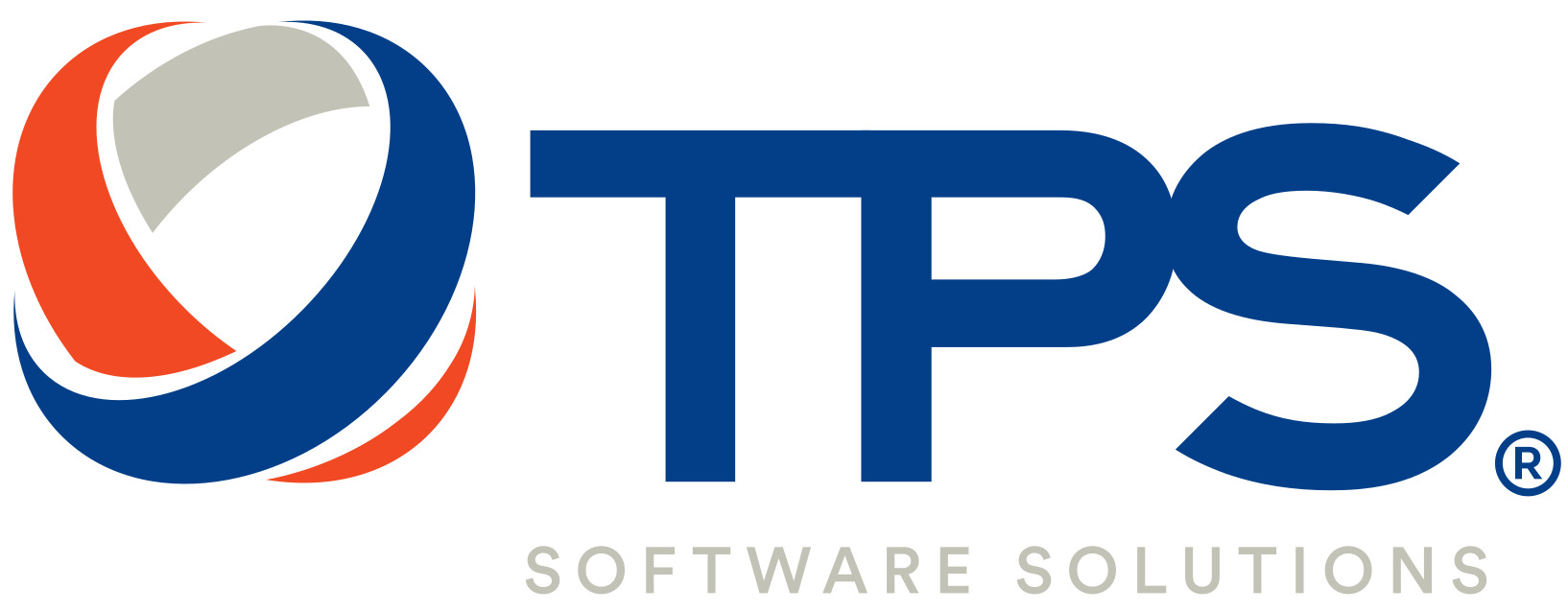Japan’s growing demand for software outsourcing, particularly favoring Vietnamese companies, reflects the evolving landscape of its technology sector. The factors driving this trend include technical, business, cultural, and economic elements. Japanese firms find Vietnamese outsourcing partners increasingly appealing for their software development needs, marking a significant shift in global business dynamics
The Necessity of Software Outsourcing in Japan
A unique blend of innovation and tradition characterizes Japan’s technology landscape. However, the country faces a critical shortage of skilled IT professionals, a situation exacerbated by an aging population and stringent immigration policies. This gap has catalyzed the need for software outsourcing as a strategic approach to address the deficit in technical expertise and maintain a competitive advantage in the global market.

Economic and Business Rationale
Outsourcing software development allows Japanese companies to optimize costs while accessing a global talent pool. The cost-effectiveness of outsourcing, especially to countries with lower operational costs like Vietnam, is a significant factor. Furthermore, this approach enables Japanese firms to focus on core business activities while outsourcing non-core functions, thus enhancing efficiency and productivity.
Outsourcing software development can lead to cost savings of up to 30-40% for Japanese companies, as per estimates from the Tokyo Chamber of Commerce and Industry. This is significant in an economy where operational efficiency and cost optimization are crucial for global competitiveness
The Vietnamese Edge: Cultural and Technical Synergy
The preference for Vietnamese companies is not solely based on economic factors. There exists a profound cultural synergy between Japan and Vietnam. The Vietnamese workforce is noted for its diligence, meticulousness, and strong work ethic, qualities highly valued in Japanese business culture. Additionally, Vietnam’s growing technical expertise, particularly in software development and its young, tech-savvy workforce, aligns well with Japan’s technological needs.
The Vietnamese IT services market has grown by an annual rate of 15-20% over the past five years, as reported by the Vietnam Software Association (VINASA). This growth is reflective of the burgeoning technical expertise within the country. Additionally, surveys indicate that 60% of Vietnamese IT professionals have proficiency in Japanese, facilitating smoother collaboration.
Language and Time Zone Advantage
Vietnamese professionals often display a strong proficiency in Japanese, which is a significant advantage, considering the language barrier can be a major challenge in outsourcing. Additionally, the minimal time difference between Vietnam and Japan facilitates smoother communication and project management, ensuring a more synchronized workflow.
The time difference between Vietnam and Japan is just 2 hours, which is significantly less than other popular outsourcing destinations like India or Eastern Europe. This minimal time gap allows for real-time collaboration, as noted by 70% of Japanese firms engaged in outsourcing, according to a survey by the Japan Information Technology Services Industry Association (JISA).
Government Policies and Bilateral Relations
Japan and Vietnam have fostered a favorable business environment through supportive government policies. Japan’s initiatives to promote IT sector growth and Vietnam’s policies to boost its IT industry create a conducive environment for outsourcing partnerships. The strong bilateral relations between the two countries further reinforce this trend.
Bilateral trade between Japan and Vietnam has seen a steady increase, with a growth rate of approximately 8% year-on-year, as reported by the Ministry of Industry and Trade of Vietnam. This growth is supported by various free trade agreements and economic partnerships, further solidifying the outsourcing relationship.
Conclusion
The inclination of Japanese companies towards Vietnamese software outsourcing partners is a multifaceted decision influenced by a blend of technical, economic, cultural, and geopolitical factors. This trend is not merely a temporary shift but a strategic alignment that reflects the changing contours of the global software development landscape. As both nations continue to nurture this symbiotic relationship, the potential for growth and innovation in software outsourcing remains vast and promising.














